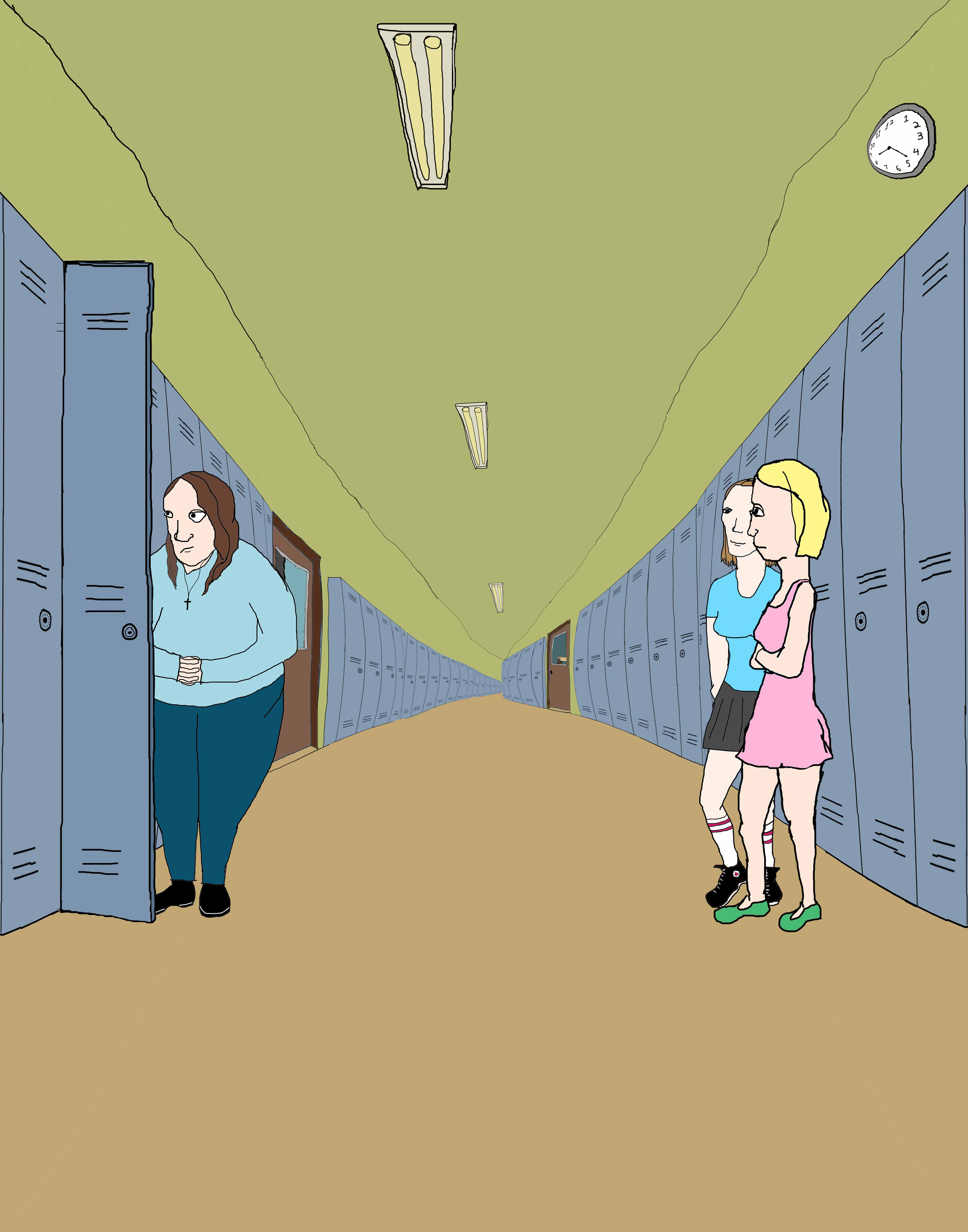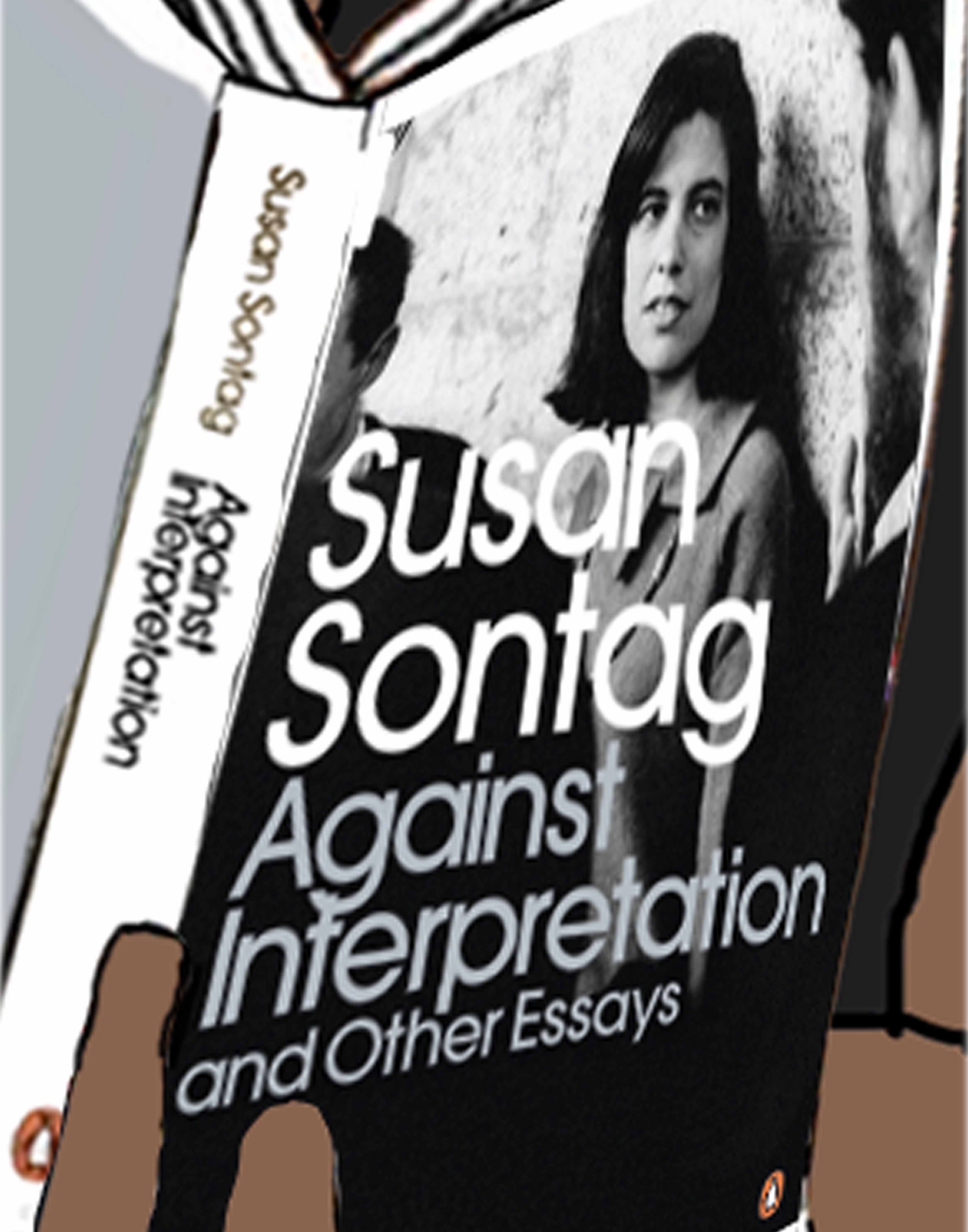
Authors’ First Tweets
Last night, Nicolette and I were getting ready to see Joy Williams at the Folger-Shakespeare Library in D.C. We made and ate dinner, then Nicolette made a Twitter. I was so happy. I love it when people make Twitters. She chose her profile picture and header picture, then asked what her first tweet should be.
I suspect that everyone who has wholly dismissed Twitter has done so only after creating a profile and, after much inner turmoil, was unable to conquer the bleak anxiety of The First Tweet. Does a person just tweet a variation of the seemingly inevitable ‘first tweet’ tweet? Does s/he ignore the obvious and awkwardly, just, what? Start? Interested in how other people handled it, we found a website that let us type in the usernames of various writers, and see their first tweets. It was really entertaining, so we compiled a “Best Of” list containing some of your favorite author’s first tweets.
Enjoy!
Print test

The IT field service agent handed me a sheet of paper covered in black. He had just installed a new printer and was showing me the test print. I asked him why not just print out a standard document instead of wasting all that ink. He said that was the standard printing test: an exhaustive print that employed the maximum breadth of the printing area. It was still warm. I came close to thanking him, but that seemed sentimental. The nuances were sensual. It looked like a reproduction of a minimalist black painting. Or a painting itself. I could smell a blog post.
Volatile Translations: On Paul Cunningham and Sara Tuss Efrik’s Manias
1.
In my last post about translation and Ali Taheri Araghi’s anthology of contemporary, underground poetry from Iran, I pointed out that a big reason for the anxiety about translation comes form our literary establishment’s anxiety about excess: Translation produces too many versions of too many texts, from too many lineages and too many languages.

Just as the reaction against the threat of the plague ground is to constantly make canons and lists of the truly good, truly “legit” poetry (prestige is the opium of the poets), I see the same thing going on in translation: we make hierarchies. We want there to be a foreign canon which will be as stable as the US canon – though there’s always a struggle to erect and maintain these canons since different people have different aesthetics and views.
Beneath this model and its anxieties we can sense what scholar-poet Susan Stewart has, in her wonderful book “On Longing” described like this: “… in the contextualist’s privileging of context of situation we see a Romanticism directed toward a lost point of origin, a point where being-in-context supposedly allowed for a complete and totalized understanding.” There is no origin where we can have “totalized understanding,” no matter how much such writers wish to demonstrate mastery. In the plague ground of poetry, poets and translations infect each other, deform each other. We lose the sense of the true original, the gold standard of interpretation, the master taste. READ MORE >
Setting A Scene In A Bar
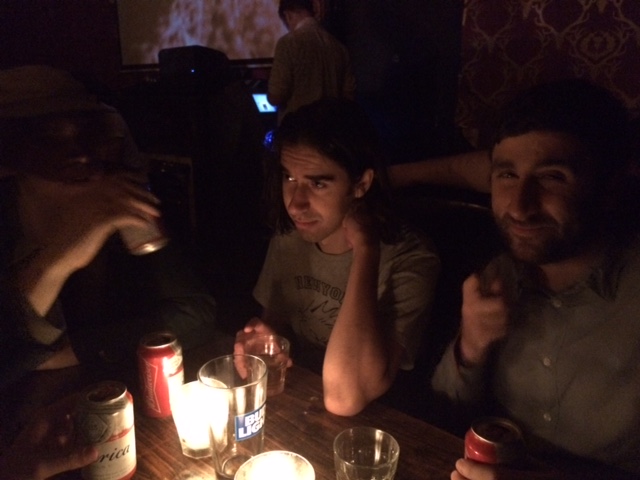
Alaska Bar during the week it closed. Photo by Erik.
New York City, NY (resident 2010-present)
Ontario Bar
This is a classic dive with a suspicious Canadian theme. It sits across from a very fine Indian restaurant (fare of the northwestern subcontinent) on a long stretch of Grand Street in East Williamsburg, with many other bars–dives and otherwise. My normal procedure here is to drink a lot of whiskey sodas and say some friendly things to whomever is around. When I first moved to New York my colleague Bobo encouraged me to go to Ontario Bar, I think because it had more of a cozy neighborhood vibe (at the time) than places nearer to Bedford Avenue. He could sense that I missed smaller-city dives? In addition to serving other bartenders, staff are known to be friendly to dull-eyed, lonely men who work in production and creative services. It’s not a bad business model in Williamsburg. I once heard a bartender complain that she only makes money between the hours of three and four. Close later and change the whole experience of the night. READ MORE >
On Kinfolk
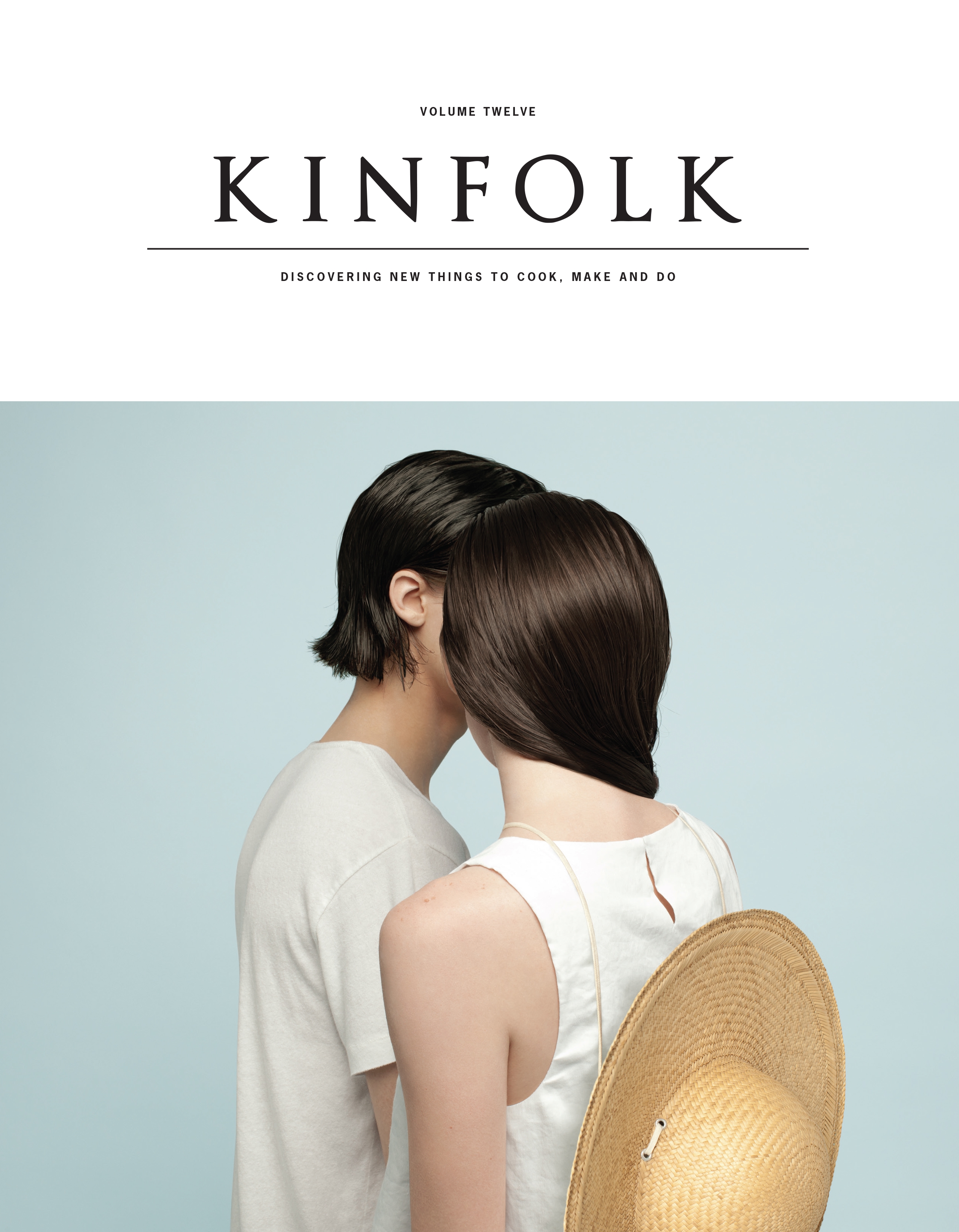
The journal that makes me feel the worst about my life is Kinfolk. It’s beautifully designed with a sharp, clean aesthetic, and its contents—for creative professionals concerning home, work, style and culture—seem earnest and helpful enough, if not a touch self-involved. I guess modern chic or yuppie hipster would describe their vibe. Whenever I see an issue at the bookstore, the first thing I do is smell it, fanning a gentle breeze on my nose. Then I allow myself a quick gander until I feel like killing myself. Then I put it back on the shelf with this increasing suspicion that the white people have won.
Transgressive Circulation: Alireza Taheri Araghi and “Younger Iranian Poets”
1.
In my last post, I wrote that I see a lot of anxiety about translations in US literary discussions: “… the threat of translation is the threat of a kind of excess: too many versions of too many texts by too many authors from too many lineages.” Once you add the writing form another country, the illusion of objectivity of a single “tradition” is put in doubt (of course this dynamic is often at play in smaller, non-major countries).
One way this anxiety is manifested is in the skepticism about foreign texts. Whenever there’s a translation, people wonder: Is this really a major writer? Does this writer really deserve to be translated into our language? Is this translation really correct or is it corrupting the truly great poet? Or, as I noted in the essay I linked to last post, are the “young American poets” being “improperly influenced” by foreign writers without having mastered their tradition.
2.
In his anthology “I Am A Face Sympathizing With Your Grief,” Alireza Taheri Araghi shows no intention of creating an illusory alternative canon of great works of Iran. Instead he has searched out underground poets – or more correctly, Internet poets – who have not been deemed publishable by the Iranian government. In a sense Araghi has done the opposite of the typical canonical anthology; he has chosen “young” poets who excite him, many who have little or none of the official recognition that translation discourse tends to demand.
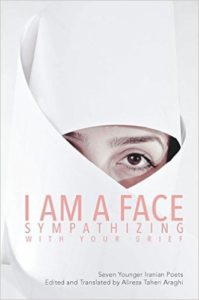
It’s All Good I’m Not Amy Goodman

Russia won the US Elections, white supremacists/fascists/military dictators toasting their BFF heart necklaces in a pyramid scheme, DAPL accepting donations for legal sanitary and emergency purposes, high school students and college students demand sanctuary cities and sanctuary campuses as sites of refuge from fascists, McCarthy-era Submit a Tip watch list compiled by a herd of Sound of Music golden Trump Youth a.k.a Turning Point, families torn apart by white nationalist swamp monsters, Obama somehow became the nation’s First Therapist, deportation trauma continues to swirl, more islands disappear into wrathful unforgiving waters, refugees have nowhere to go despite this one planet, endless slavery and the incarcerated state, $50k Thnxgiving dinners for 8 in Manhattan which is about the same average of graduate student debt in education, science, and arts, the undying click holes of inertia (dance with me, won’t you?), scam universities, the fake news problem, scam everything, the doctrine of legitimacy, elephants still being trained to paint, dolphins be painting too, paranoia as wish-fulfillment, unaffordable Buddhist retreats, warmer degrees, the rising tide of far right conspiracy theory cults, State says literacy is not a right in Detroit, while NYC to spend 1 million per day on Trump security, and a few days ago in Chicago Angela Davis reminded a crowd that “community is the answer.”



